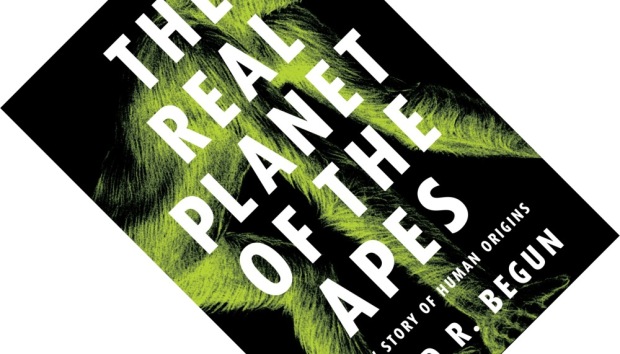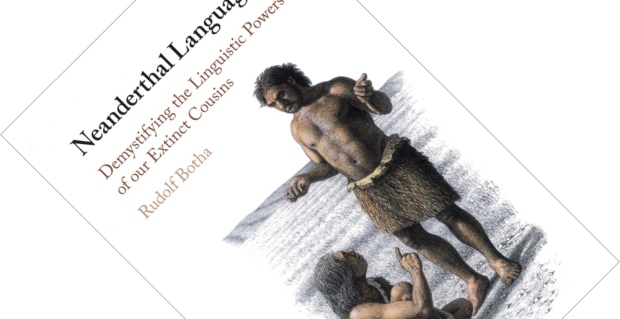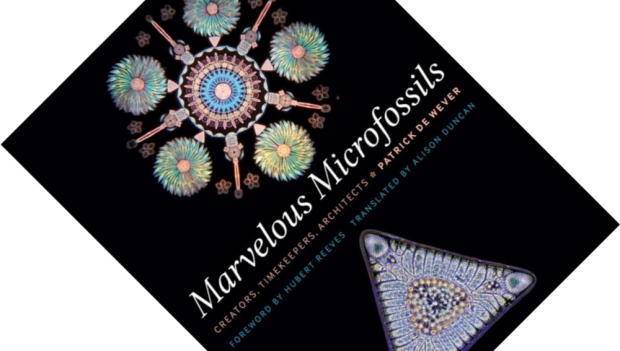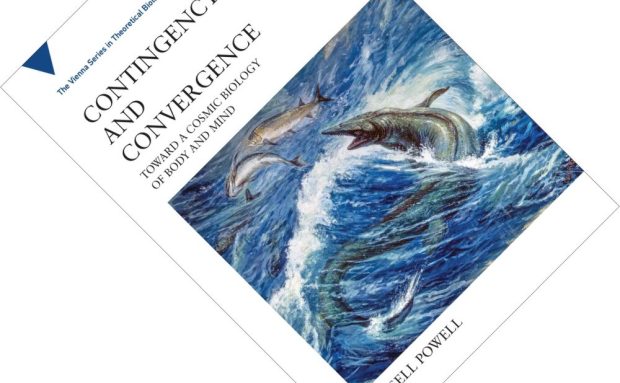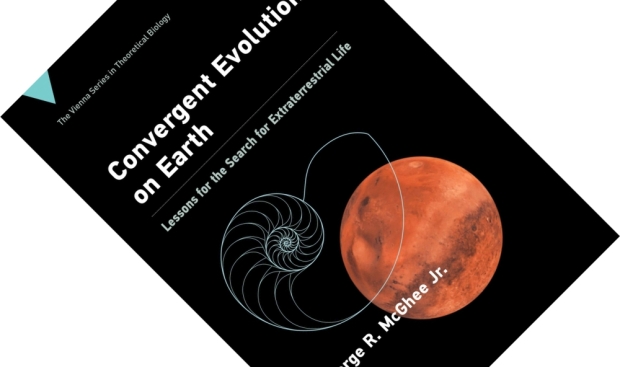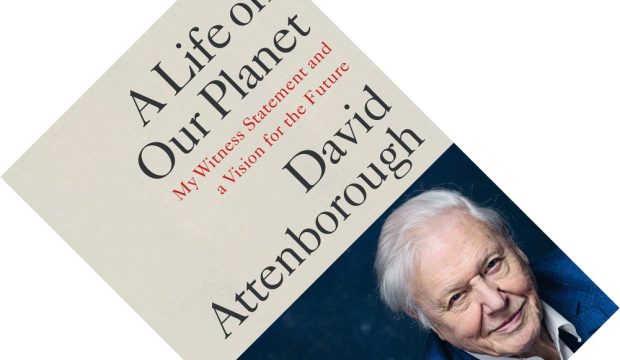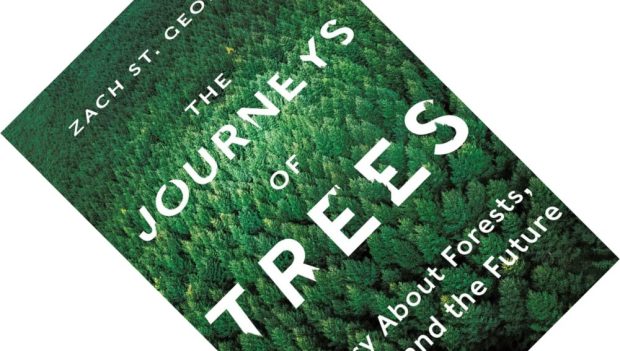7-minute read
What I am about to write is probably going to upset many people, but… I am growing frustrated with the narrative of much of the environmental movement. Taking to the streets to protest and demand change, to “do something!”, is all fine and dandy, but it is also a bit hypocritical. It fosters a narrative in which the onus is always on others and it begs the counter-question: “what are you willing to give up?”. That is the hard question.
There, I said it. You have the option to stop reading now.
In all seriousness, if we want to avert dangerous climate change or allow forests to recover from deforestation, how much change is enough? How much are we allowed to consume? Planetary Accounting will not offer you final prescriptive answers, but it is an important first step in quantifying per capita quota for what each of us can consume and pollute without it costing the planet.
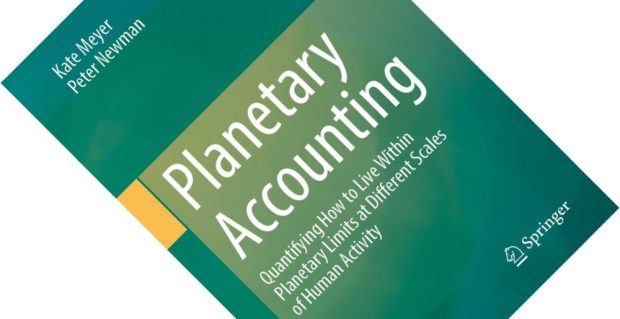 (more…)
(more…)



